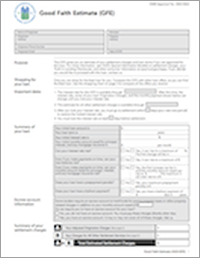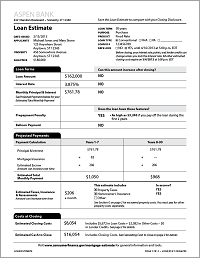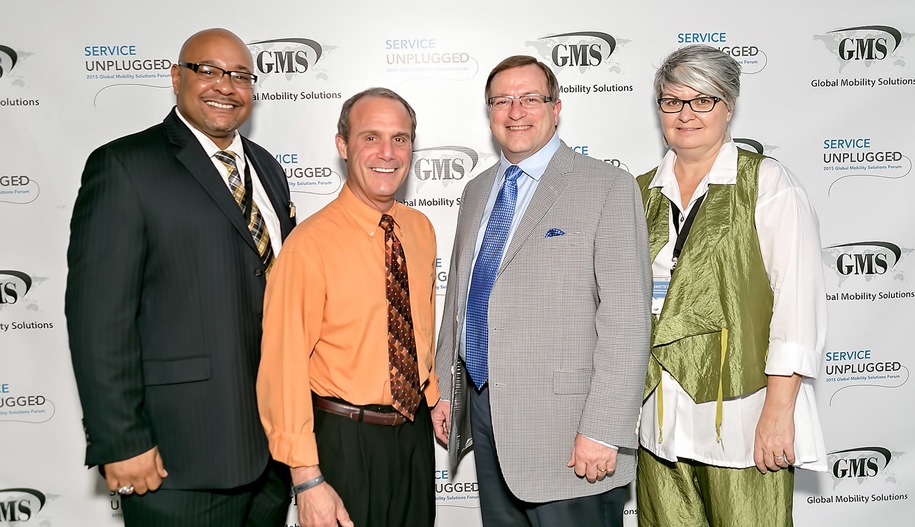SCOTTSDALE, Ariz., Mar. 10, 2016 – GMS Wins Relocation Award 2016 – For the third year in a row, relocation management provider Global Mobility Solutions (www.gmsmobility.com) has earned top placement on HRO Today’s Baker’s Dozen Customer Satisfaction Survey. In their 2016 survey of the relocation management industry, HRO Today rated Global Mobility Solutions as the second best overall relocation management provider in the industry. As the largest customer survey of its kind, the Baker’s Dozen has become one of the industry’s most trusted talent management resources. You can find the complete survey results here.
“GMS is proud to be named at the top of the relocation management industry for the third year in a row” said Global Mobility Solutions President Steven Wester, CRP, SGMS-T. “This is validation of our consistent performance, the exceptional customer service provided by our employees, the breadth of our global mobility services, and the depth of our client relationships. We are truly honored and deeply grateful to our clients for giving us the opportunity to partner with them.”
According to editors at HRO Today “Rankings are based solely on feedback from buyers of the rated services, we collect feedback annually through online survey which we distribute directly to buyers through our own mailing list.” The annual survey analyzes relocation management providers under three categories: service quality, deal size, and breadth of service. Service quality is given the heaviest weight followed closely by breadth of service and finally size of deals. These results are then averaged together to determine the top overall providers in relocation management.
GMS Wins Relocation Award 2016
GMS clientele gave the company high ratings in service quality and breadth of services, driving the company to a number two overall placement in the industry for the second time in the last 3 years. As the nation’s premier publication on human resource operations and outsourcing, HRO Today’s annual publication of the Baker’s Dozen list is a much-anticipated event. Incorporating sound scientific methodology, the surveys underpinning the list are designed to offer meaningful and actionable feedback on what constitutes true customer satisfaction, making HRO Today’s 2016 survey a must read for both human resources and procurement professionals.
About Global Mobility Solutions
Founded in 1987, Global Mobility Solutions is a relocation management company that specializes in supplier management and relocation program development. The company’s relocation services include global assignment management, domestic relocation management and a range of pre-decision solutions.
Contact:
Thomas Belnap, Marketing Director
800-617-1904 ext. 8832
[email protected]


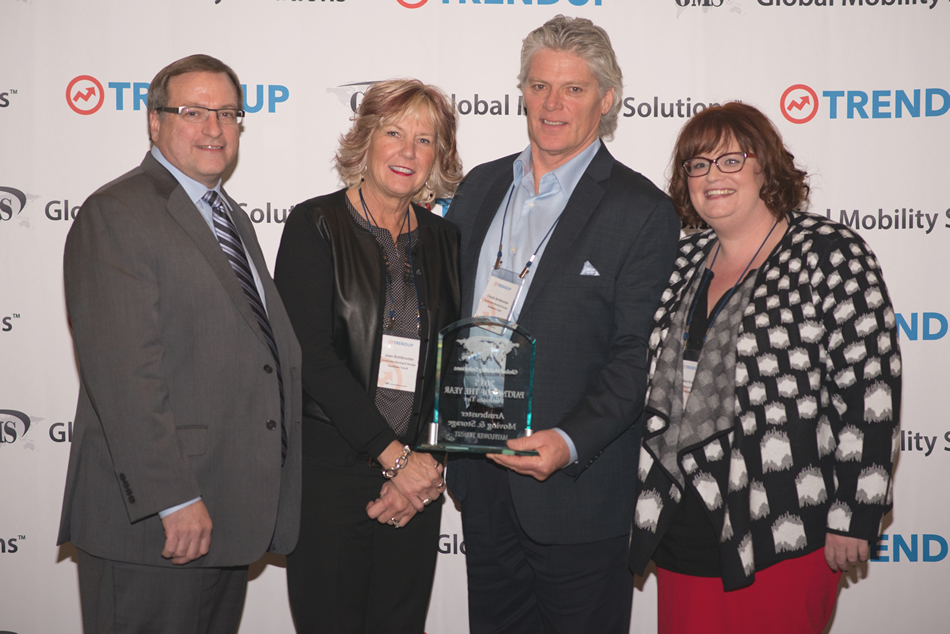

 Sam Hoey
Sam Hoey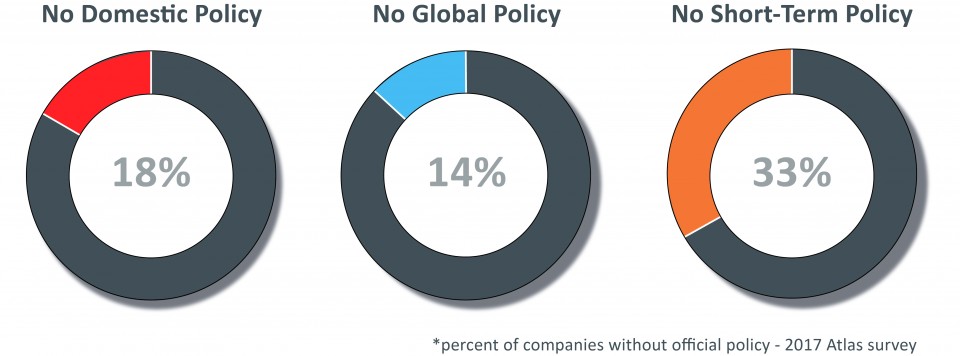










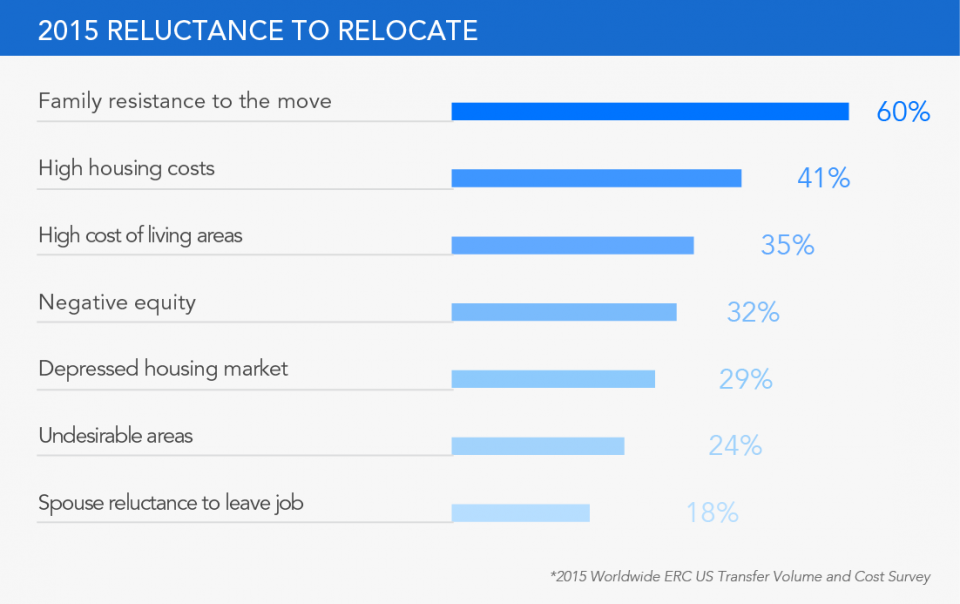


 Worldwide ERC’s Global Workforce Symposium is the largest conference of its kind.[divider line_type=”No Line” custom_height=”30″]
Worldwide ERC’s Global Workforce Symposium is the largest conference of its kind.[divider line_type=”No Line” custom_height=”30″]
 The MyRelocation login shown on multiple devices, the cloud technology features a modern responsive design.[divider line_type=”No Line” custom_height=”30″]
The MyRelocation login shown on multiple devices, the cloud technology features a modern responsive design.[divider line_type=”No Line” custom_height=”30″]


